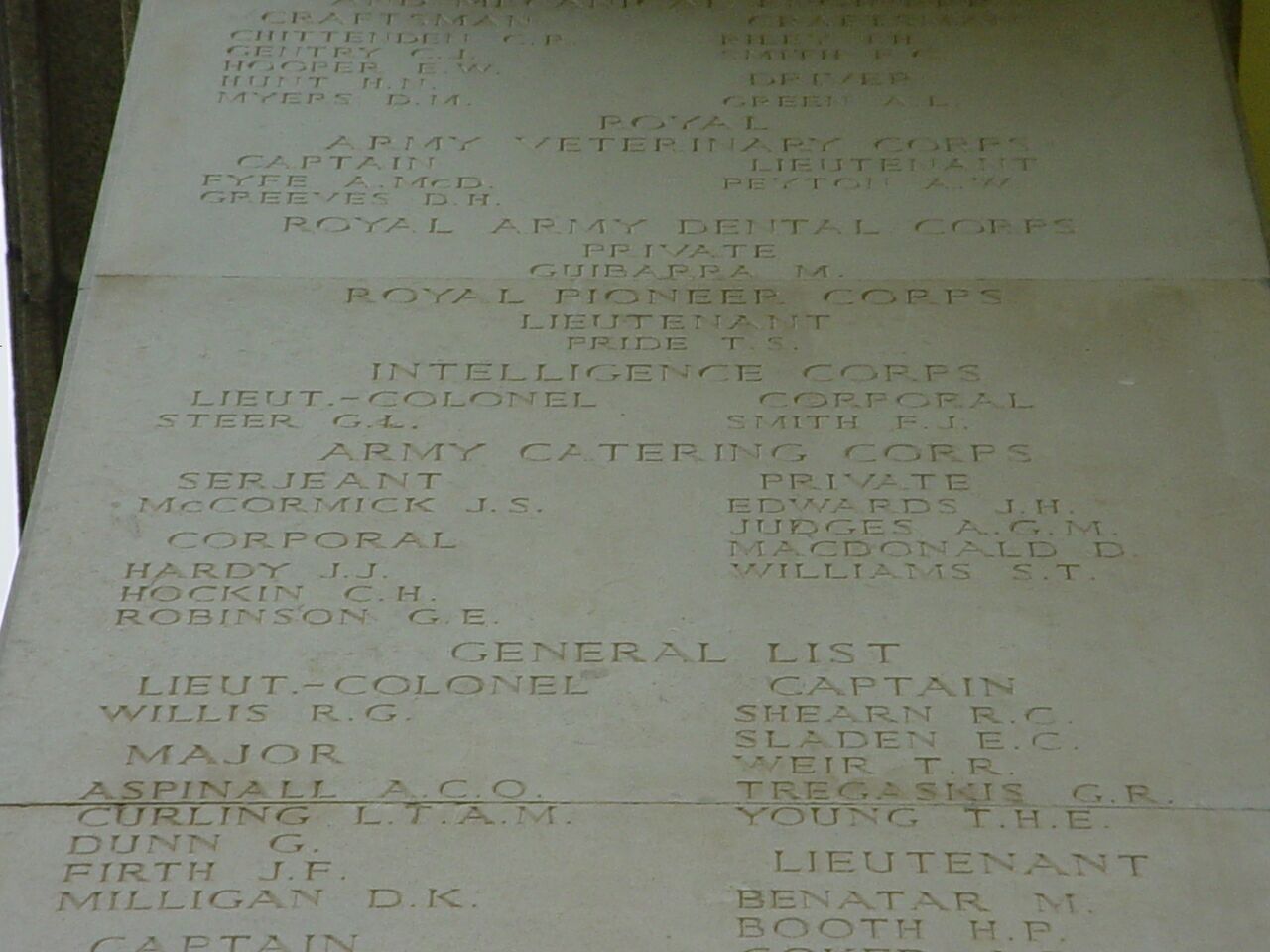Son of Bernard Augustine and Emma Armitage Steer, of East London, Cape Province, South Africa; husband of Esme Kenyon Steer, of Fulham, London. Double First in Classics at Christchurch, Oxford. George Steer was born in South Africa in 1909, the son of a newspaper manager. He studied classics in England, at Winchester College and Christ Church, Oxford. He began his journalistic career in South Africa, and then worked in London for the Yorkshire Post. In 1935 Steer covered the Italian invasion of Ethiopia for The Times and reported that Italian forces used mustard gas and bombed Red Cross ambulances. He became friendly with Emperor Haile Selassie I of Ethiopia, who later became godfather to Steer's son. In 1937 he was sent to report on the Spanish Civil War. He won prominence with his report on the bombing of Guernica on 26 April 1937. His telegram to London described German bomb casings and the use of thermite as an incendiary to create a firestorm in the center of the town. His reporting did much to inspire Pablo Picasso to record the atrocity for posterity in his massive painting. The anti-Fascist tone of Steer's reporting led The Times to dispense with his services; the newspaper's editorial stance on the war was neutral, whilst its editor, Geoffrey Dawson, privately sympathised with the Nationalists under Francisco Franco. Steer returned to South Africa and, in his book Judgment on German Africa, documented Germany's attempts to subvert its former African colonies. After the outbreak of World War II, the Daily Telegraph dispatched Steer to Finland to cover the Winter War. He saw the effects of aerial bombing of several Finnish towns by the Soviets, attempts made to intimidate the population, just like at Guernica. In June 1940 Steer joined the British Army and led an Ethiopian Forward Propaganda unit when British troops began to fight Italian troops in the country. After the defeat of the Italians in Ethiopia in 1941, Steer was influential in restoring Haile Selassie to the throne. Later Steer was sent to India to lead a Field Propaganda Unit in Bengal. The unit tried to break Japanese morale by loudspeakers with speeches and sentimental music. |
